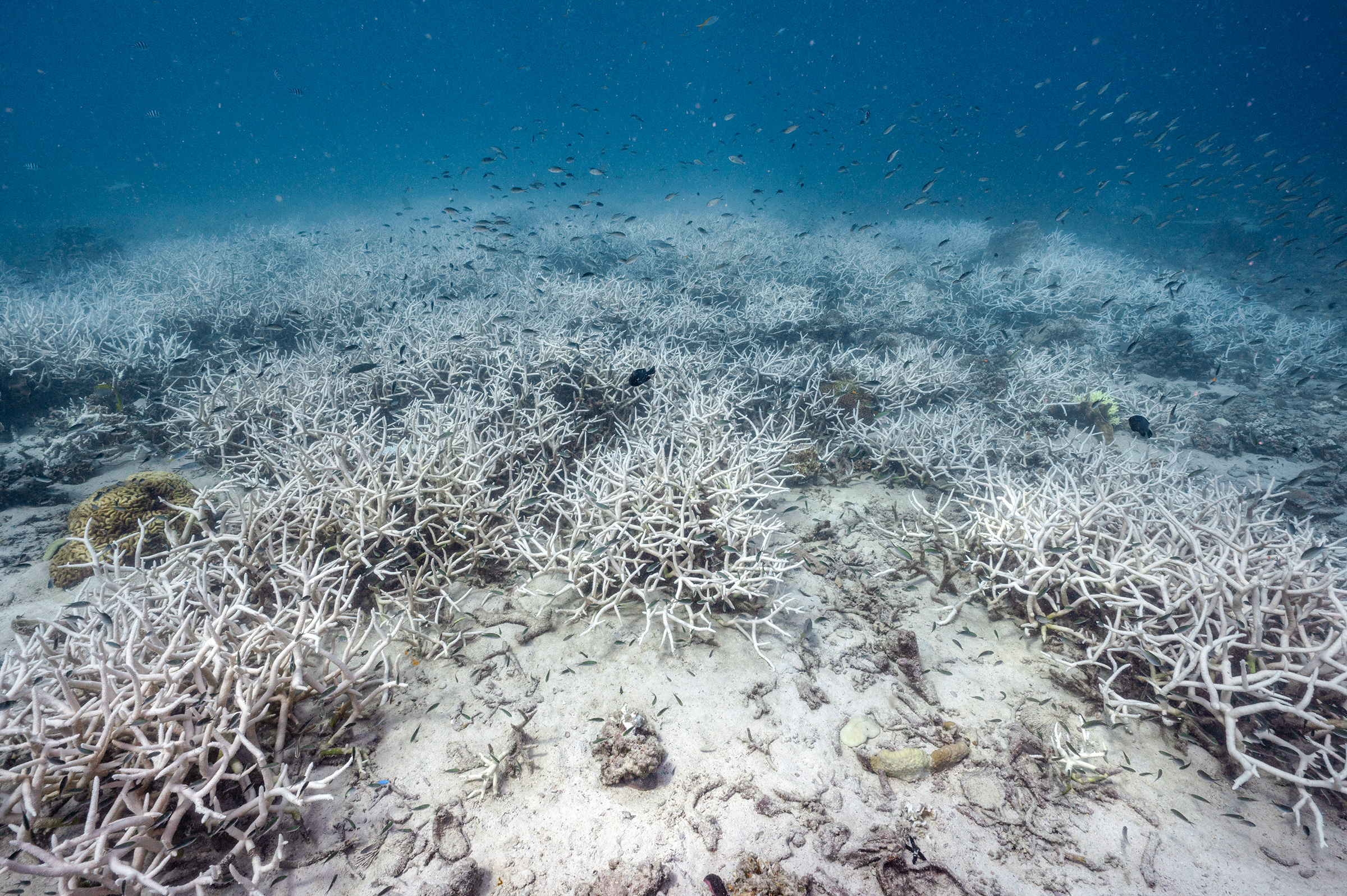
"As a result of increasing acidification, we observe significant declines in suitable habitats for important calcifying species, with coral reefs suffering the most severe impacts."
"By 2020, the average global ocean conditions had crossed into the uncertainty range of the ocean acidification boundary, suggesting alarming trends in ocean health."
"The study highlights that 60% of the global subsurface ocean has crossed the ocean acidification boundary, illustrating a critical shift in marine ecosystems."
"Humanity's reliance on fossil fuels and land use changes are leading to alarming levels of carbon dioxide in the atmosphere, which notably impacts ocean acidity."
As the United Nations Ocean Conference commenced, new research disclosed alarming findings on ocean acidification, a critical planetary boundary that has been crossed. The study emphasizes that by 2020, average global ocean conditions have exceeded the safe limit for acidification due to increased carbon dioxide absorption from fossil fuel combustion and land use. The deterioration has resulted in substantial habitat loss for various marine species, with coral reefs being particularly affected, experiencing a 43% reduction in suitable habitats. This trend underscores the urgent need for action in preserving marine ecosystems amid climate change.
Read at Truthout
Unable to calculate read time
Collection
[
|
...
]